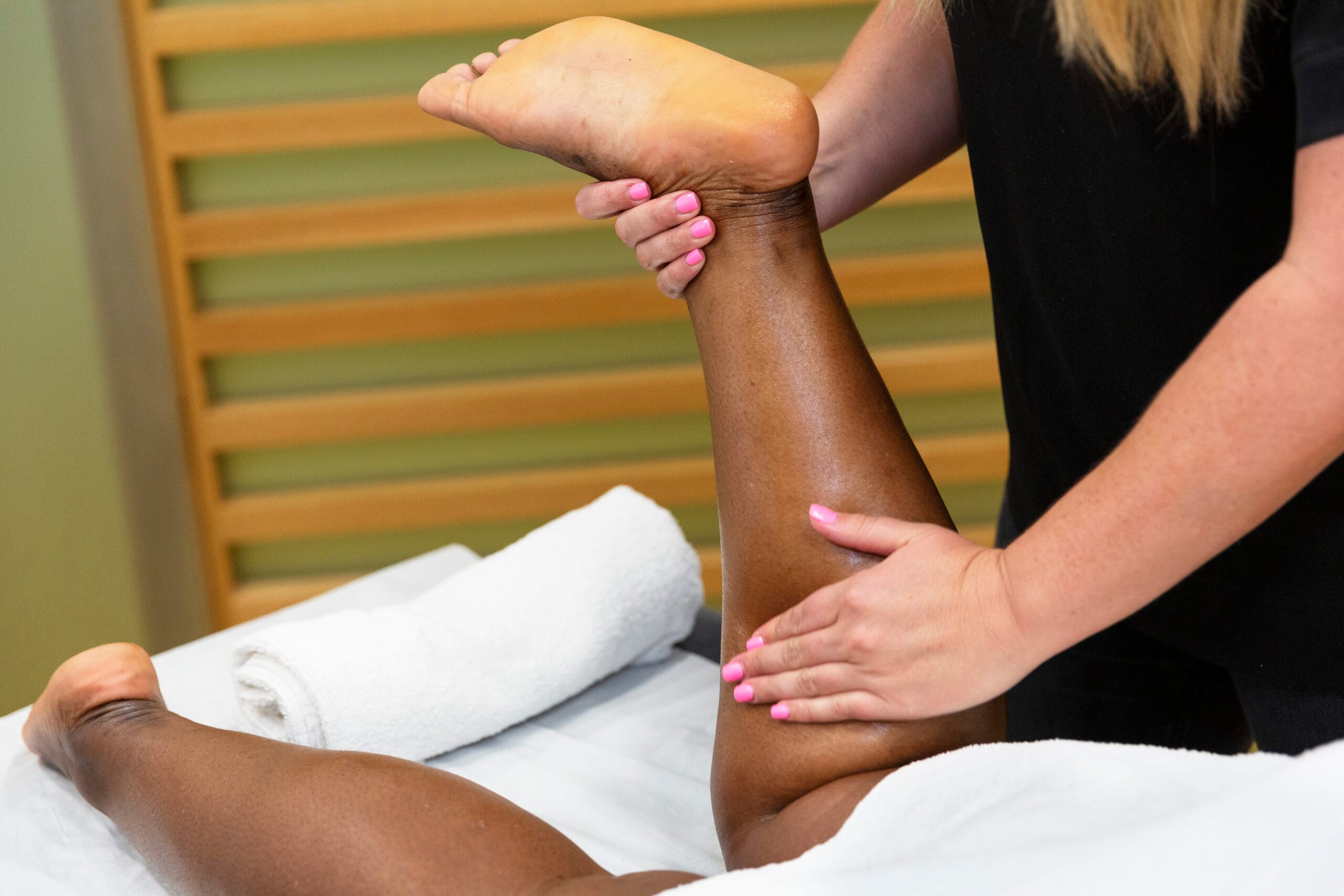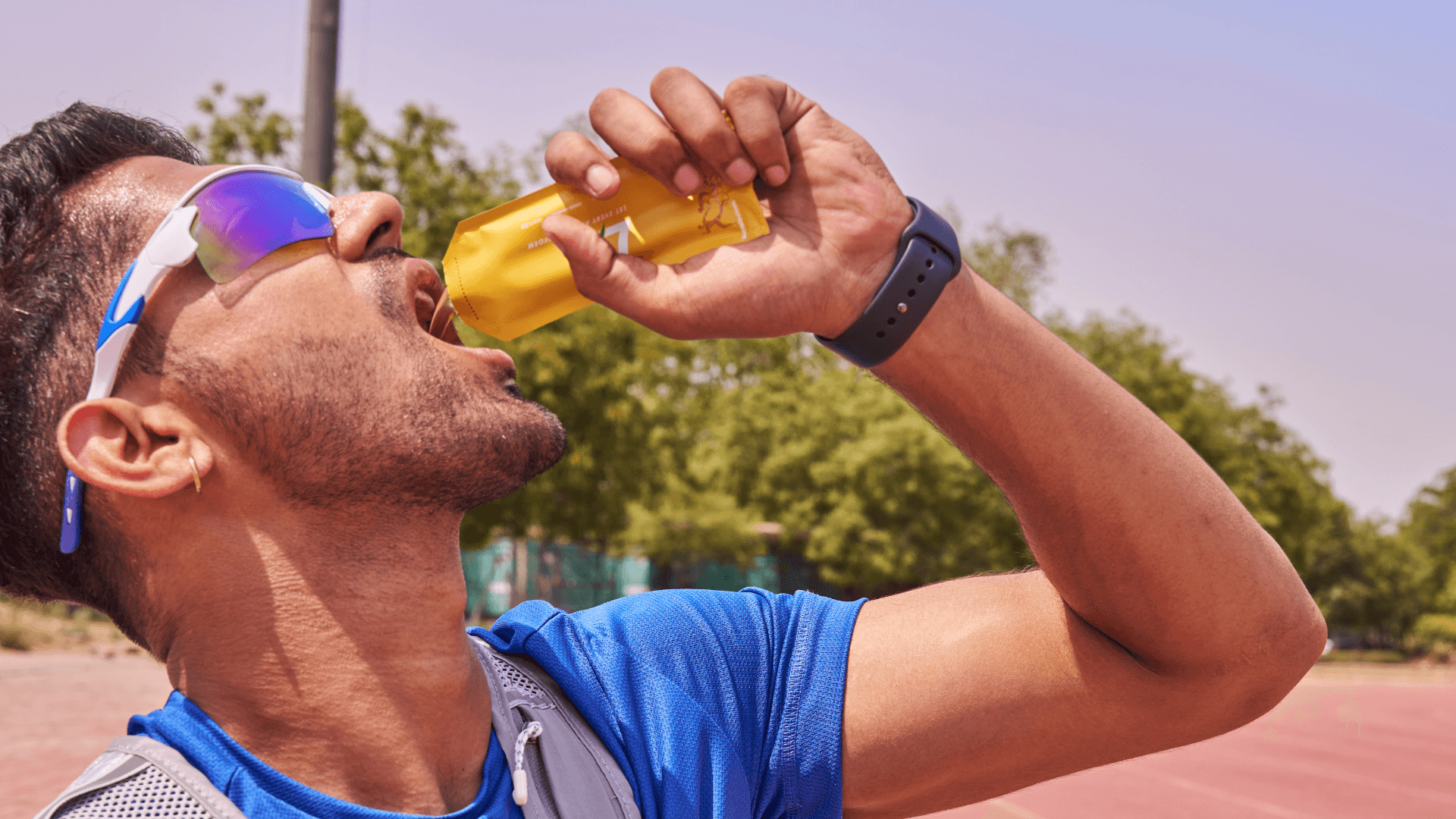Soft Tissue Therapy & Marathon Training (ITB Syndrome)

Pure Sports Medicine
- 26 June, 2018
- Running
- Soft Tissue Therapy
- 2 min read
Soft Tissue Therapy & Marathon Training (ITB Syndrome)
Whether you’re training for a forthcoming marathon or enjoy distance running for general fitness. One of the common injuries to occur is ITB friction/inflammation, which is an over-use injury.
This normally presents as soreness or stabbing pain on the outside of the knee and is worse with activity and running and can be exacerbated with running downhill. There is no specific trauma that causes the injury. In the advanced stages, you will be unable to run due to the pain.
We encourage regular runners to have a preventative soft tissue treatment to help avoid the above and keep the muscles you’re using to run healthy.
A regular soft tissue treatment in your training programme will enable your legs to recover more quickly and keep your muscles in balance, and you will feel lighter on your legs and have more energy in them.

When you come for your soft tissue treatment, we will assess you and check for any muscle tightness by looking at your range of motion. Typically, with ITB symptoms, there will be fascial restriction along the outside of your thigh, as well as tightness in your muscles on the inside of your thigh, the back of your leg, your lower back and the front of your hip and thigh as well as in your glutes (external hip rotators).
We won’t assume any of the above until we’ve assessed you, and then we will work on the areas or ‘structures’ that need to be released. Even if you’re only experiencing symptoms on one side, we will aim to treat the opposing leg as this is likely to be compensating.
If you’re reading this and it’s sounding like a familiar scenario and you’re unable to currently run due to the pain, the most important thing is to see a Physiotherapist.
Resting, icing and taking an anti-inflammatory as prescribed by your GP or pharmacist will help in the meantime. A Physiotherapist will be able to assess your hip and knee biomechanics, which could be impacting this injury.
If you think you have an ITB injury, make sure you:
- Don’t increase your running mileage too quickly
- Cross train – use other sports/disciplines to improve your running
- Include strength training as part of your programme to ensure your muscles provide enough stability
- Regular stretching will help muscles recover after a run and prepare them for a run
The main ways in which Soft Tissue Therapy can help are:
- It can reduce fascial tightness/restrictions
- Reduce muscle tone and treat overactive areas of muscles (trigger points)
- Treat other areas of the body which could be compensating
- Promote circulation, reduce stress levels and heart rate
What to do next:
- Incorporate a soft tissue treatment into your running programme for injury prevention. Book your appointment today by contacting our Bookings Team at 020 7788 7000 or [email protected].

Advice
Over the last 20+ years our experts have helped more than 100,000 patients, but we don’t stop there. We also like to share our knowledge and insight to help people lead healthier lives, and here you will find our extensive library of advice on a variety of topics to help you do the same.
OUR ADVICE HUBS See all Advice Hubs

